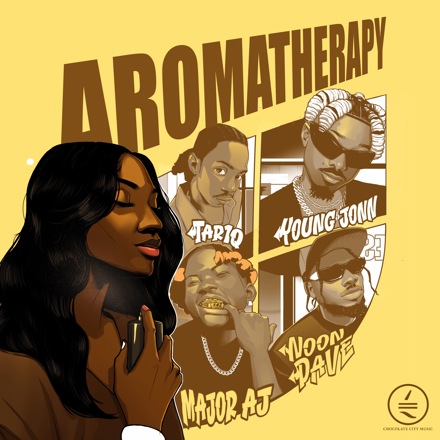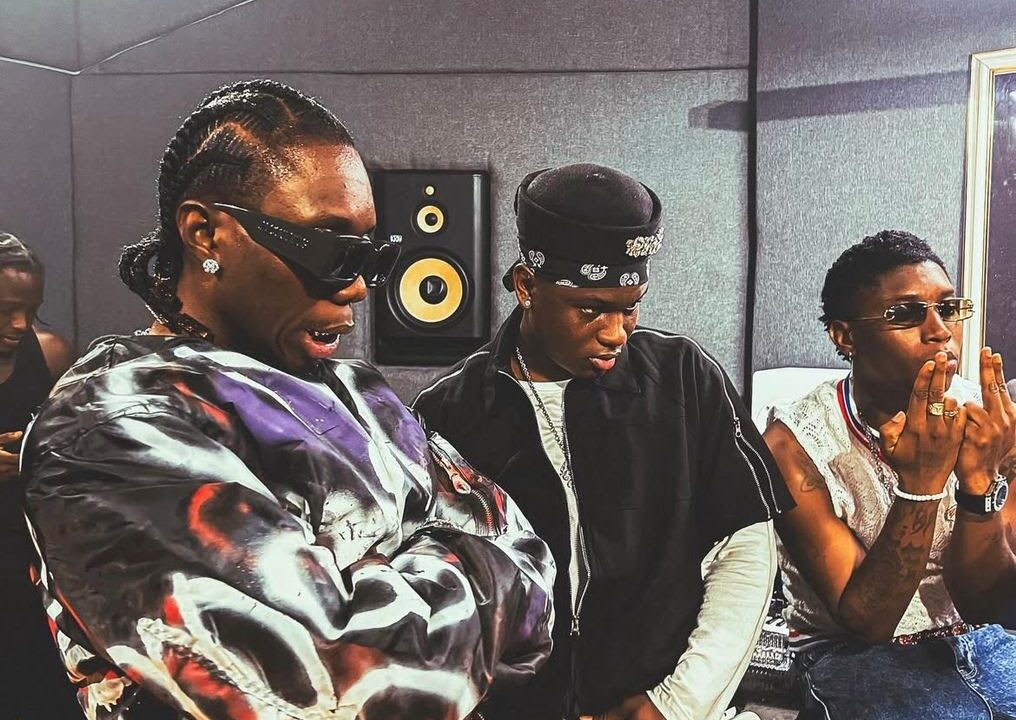
You will often hear Nigeria being referred to as a ‘hub of talent’. The nation is abundantly blessed with resources and gifted individuals, ranging from fashion designers, artists, and actors to musicians.
Numerous Nigerians have achieved remarkable success, making significant strides in their respective fields. Figures like Chimamanda Adichie, Mo Abudu, Funke Akindele, Mai Atafo, Nike Davies-Okundaye, and Davido are shining examples of the wealth of talent Nigeria produces.
However, despite this abundance of talent, Nigeria grapples with challenges such as plagiarism, piracy, and other forms of copyright infringement. These issues undermine the efforts of creatives, hindering their ability to fully realize their potential and reap the rewards of their hard work.
Copyright is the legal right to reproduce, publish, sell, or distribute something, usually a literary, musical, or artistic work (Merriam-Webster Dictionary). Music copyright, as the name implies, is simply the legal right of ownership an artist has to its music alongside exclusive licensing rights to reproduce and earn royalties.
When someone’s rights are violated without consent or approval, it constitutes copyright infringement. Regrettably, such occurrences are all too common in the creative sector. While creatives devote themselves to honing their craft, others replicate and distribute their work without permission or compensation. These actions can significantly undermine the efforts of any creative individual.
To fully understand copyrights, it is crucial to identify what rights you are entitled to as an artist. An Overview of The Nigerian Copyright Act 2022 reviews how the Act protects creative works across audio-visual, musical, or literary in Nigeria. This Act protects the owner of intellectual property from exploitation.
You might find copyright complexities somewhat challenging if you’re involved in the music industry. For any music artist, it’s crucial to understand two distinct types of ownership.
Firstly, Author’s Ownership grants songwriters, lyricists, and composers rights for their ‘musical work.’ Secondly, there’s Mechanical Ownership, often referred to as ‘masters,’ which pertains to copyright ownership to a specific ‘Sound or Recording’ of a song.
Many emerging artists fall prey to these copyright infringements due to their lack of understanding regarding the rights, legal protections, and compensations they are entitled to as artists.
While it’s understandable that, protections as a music artist, your primary focus is on sharing your music and attracting the right audience, it’s crucial to recognize significant factors that can either make or break your career. Here are five essential facts every musician must grasp about copyright to safeguard their work from being unlawfully appropriated:
- Copyright protection is present at the creation.
The author is entitled to copyright protection after the music is created. A Nigerian artist is not necessarily required to register copyright, as this right is fixed upon creation. However, the Nigerian Copyright Commission (NCC) has established a voluntary Copyright Registration Scheme that allows artists to notify the commission of the creation and existence of their work.
- Copyright protection is for a lifetime and more.
Yes, a music artist is entitled to copyright throughout the author’s lifetime and continues for 70 years after the author’s death. Bear in mind that in the case of joint ownership, the copyright lasts until the death of the last surviving author.
- In copyright, a sound recording is different from a composition
Sound recordings are copyrighted separately from musical composition copyright as they are NOT the same under copyright law.
- Finally, here are some of your rights as an artist according to the Nigerian Copyright Act of 2022
- Right to produce and reproduce
- Right to adapt or arrange the work
- Right to perform the work in public
- Right to produce, reproduce, perform, or publish any translation of the work.
- Right to distribute the work to the public.
In conclusion, music composers, songwriters, producers of sound recordings, and performers must understand the copyright of music concerning their work. This will allow artists to maximize their economic rights and reduce copyright infringement.
Abuchi Peter Ugwu is the CEO of Chocolate City Music, a Nigerian media and entertainment company. Now in its 20th year, Choc City, as it is commonly known, is notable for managing the careers of talents like Femi Kuti, M.I Abaga, Blaqbonez, and Young Jonn.


